27 years ago today, NASA and ESA’s Cassini Mission, meant to gather data on Saturn and its moons, was launched from Cape Canaveral. The Flagship-class robotic spacecraft comprised both NASA’s Cassini space probe and ESA’s Huygens lander, which landed on Saturn’s largest moon, Titan. Cassini was active in space for nearly 20 years, with 13 years spent orbiting Saturn and studying the planet and its system after entering orbit on July 1, 2004. READ about what it found… (1997)
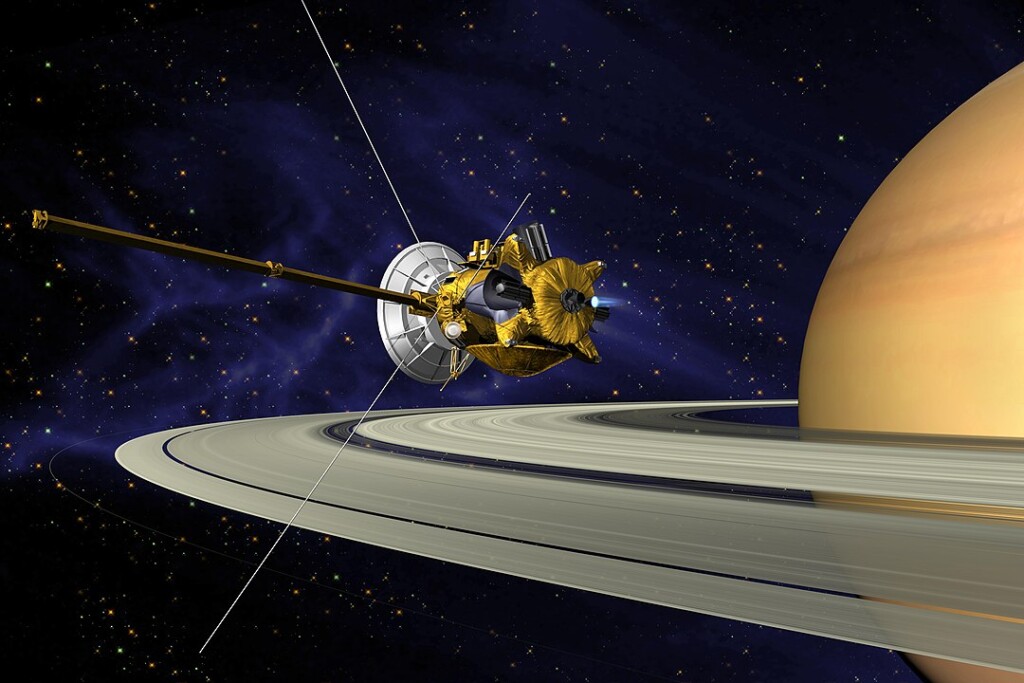

In total, the Cassini mission discovered seven new moons orbiting Saturn, including Methone, a bizarre, egg-shaped, incredibly smooth satellite 3.8 by 2.5 km in size. It also flew by the giant irregular satellite, Phoebe, and took the best pictures to date of this moon.
In an announcement on June 28, 2004, Cassini program scientists described the measurement of the rotational period of Saturn. Because there are no fixed features on the surface that can be used to obtain this period, the repetition of radio emissions was used. One Saturine day was calculated at 10 hours and 33 minutes.
On July 1, 2004, the spacecraft flew through the gap between the F and G rings and achieved orbit, after a seven-year voyage. It was the first spacecraft to ever orbit Saturn. Cassini had its first flyby of Saturn’s largest moon, Titan, a day after orbit insertion. It would flyby 45 more times across its mission history, but also deploy the Huygens lander which collected 350 images of the moon’s surface.
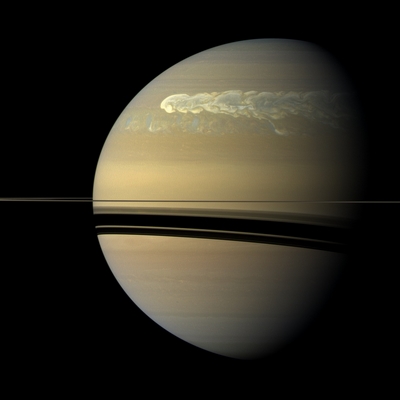
On March 12, 2008, Cassini made a close flyby of the second-largest moon, Enceladus, passing within 50 km of the moon’s surface. The spacecraft passed through the plumes extending from its southern geysers, detecting water, carbon dioxide, and various hydrocarbons with its mass spectrometer, leading scientists to this day conclude Enceladus is the best place in our solar system to look for signs of life.
Many other discoveries were made, including a cataclysmic storm on the surface of Saturn, and flybys of other moons, before the spacecraft was finally incinerated in December 2018.
More Good News on this day in History:
- Penny Marshall, who co-starred in the hit sitcom Laverne & Shirley, was born—and went on to direct Awakenings, A League of Their Own, and Big, as the first female director who made a film that grossed over $100 million (1943–2018)
- Mexican chemist Luis Miramontes synthesized the first oral contraceptive (1951)
- Soviet leader Mikhail Gorbachev was awarded the Nobel Peace Prize for his efforts to lessen Cold War tensions, lead the peace process, and open up his nation (1990)
- Nelson Mandela and F.W. de Klerk were awarded the Nobel Peace Prize for their efforts to end apartheid and laying the foundations for a new democratic South Africa (1993)
- The humanitarian group Doctors Without Borders was awarded the Nobel Peace Prize for the French group’s medical work on several continents (1999)
73 years ago today, the television sitcom I Love Lucy premiered, starring Lucille Ball and her then-real-life husband, Desi Arnaz.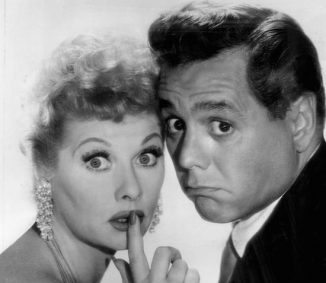
The beloved Emmy-winning comedy ran for nine years with 180 half-hour episodes. One of the most influential sitcoms in history, it was the first scripted TV program to be shot on 35-mm film in front of a live studio audience, and was the first show to feature an ensemble cast. For two-thirds of its run, it was also the most popular—attracting more viewers than any show in America.
The series followed the life of Lucy Ricardo, a young, middle-class housewife living in a New York City apartment, who often concocted schemes with her best friend, Ethel Mertz, and Ethel’s husband Fred.
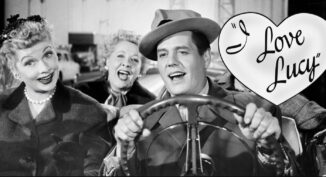
During the second season, Lucy was pregnant in real life with the couple’s second child Desi Arnaz Jr., and the pregnancy was incorporated into the storyline. The episode in which Lucy gives birth, “Lucy Goes to the Hospital”, coincided with her real-life delivery by Caesarean section, and was watched by more people than any other TV program up to that time—71.7% of all American television sets tuned in. Many decades later, the show, in syndication, still has tens of millions of viewers worldwide each year. WATCH the Top 10 Lucy moments!… (1951)
104 years ago today, Mario Puzo was born in the Hell’s Kitchen neighborhood of New York City to a poor family from Italy. He served in the US Army Air Forces in Germany in World War II, and later graduated from the City College of New York. After the war, he wrote his first book, The Dark Arena, which was published in 1955.
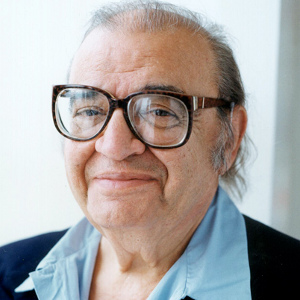
At age 49, his novel The Godfather was published and became a #1 bestseller. He later co-adapted the story into a three-part film saga with Francis Ford Coppola, and received an Oscar for Best Adapted Screenplay for both the first and second movies. Puzo also wrote the original screenplay for the 1978 Superman film. He was still writing as a published author in the 1990s, and died in 1999 in New York. (1920)
And, 55 years ago today, two million people in the U.S. joined the Moratorium to End the War in Vietnam.
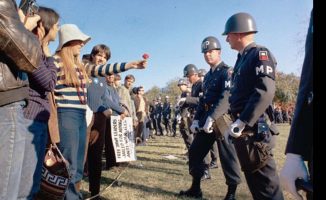
The leaders believed that the best way of bringing pressure on U.S. President Nixon was to ensure the movement had a “respectable” face—by including groups like the civil rights movement, churches, university faculties, unions, business leaders, and politicians.
Over a quarter million people marched in Washington D.C., and rallies in New York, Detroit, Boston, and Miami were also well attended. Coretta Scott King led D.C. marchers down Pennsylvania Avenue to hold a candlelight vigil at the White House. She told marchers it would have delighted her husband, Martin Luther King Jr., to see people of all races rallying together for the cause of peace.
Unlike the riots that broke out at the Democratic Convention in Chicago the previous year, these protests were completely peaceful with the main theme being grief and sorrow over the Vietnam war, instead of anger and rage. (1969)

35 years ago today, Wayne Gretzky became the highest-ever points scorer in the NHL in a wild game between his team the Los Angeles Kings, and his former team the Edmonton Oilers. He tied the record held by Gordie Howe of 1,850, after scoring in the first period.
That 1-0 lead was scored against the team (the Oilers) where Gretzky scored his first 1,669 points over 9 seasons. However his old friends were not about to roll over and celebrate the record with him, and the Oilers scored 2, then took the lead again after the Kings tied it. The Oilers had scored again in the final minute of the third period, putting the score at 4-3.
With time running out, the Kings pulled the Goalie and Gretzky picked up a loose puck to the left of the crease before flipping a backhand shot past Oilers goalie Bill Ranford with 53 seconds remaining to tie the game 4-4 and pass Howe.
“My initial reaction was, ‘Hey, we’ve tied it,'” Gretzky said after the game. “Then it struck me, ‘Wow, that’s the record breaker.'”
Before the overtime began, there was a three-minute standing ovation for Gretzky, and a 15-minute ceremony that included a personal trophy. In overtime, Gretzky scored again to win the game, just for good measure. WATCH it happen. (1989)
SHARE The Memories, Milestones, and Movies…




















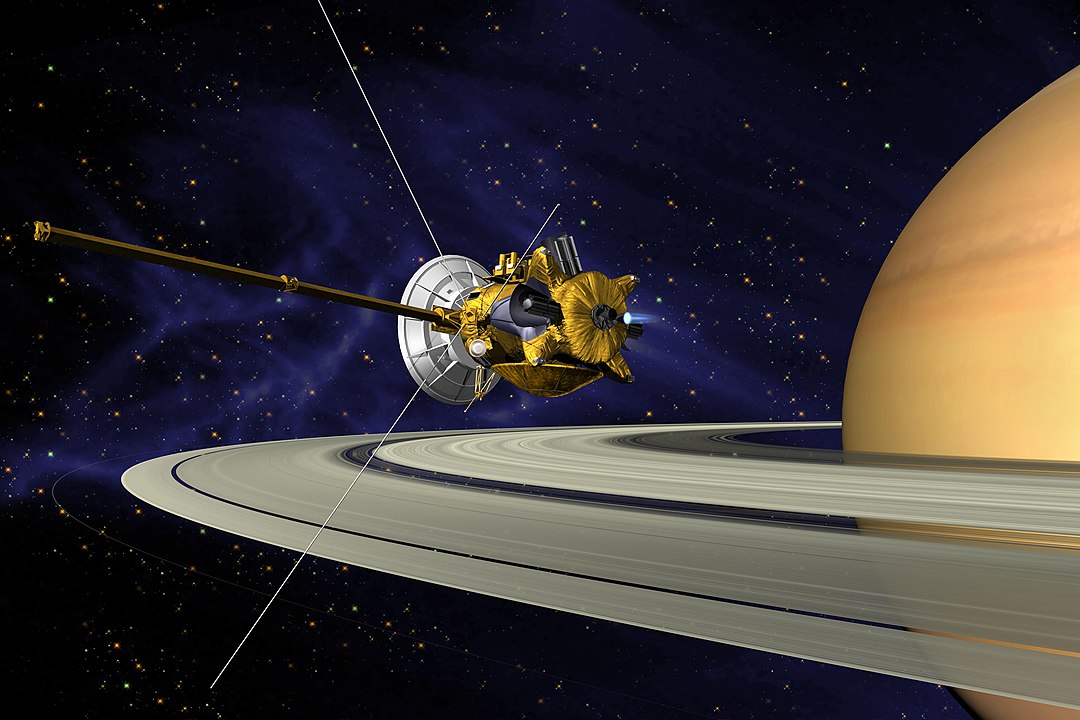
[…] By Good News Network […]